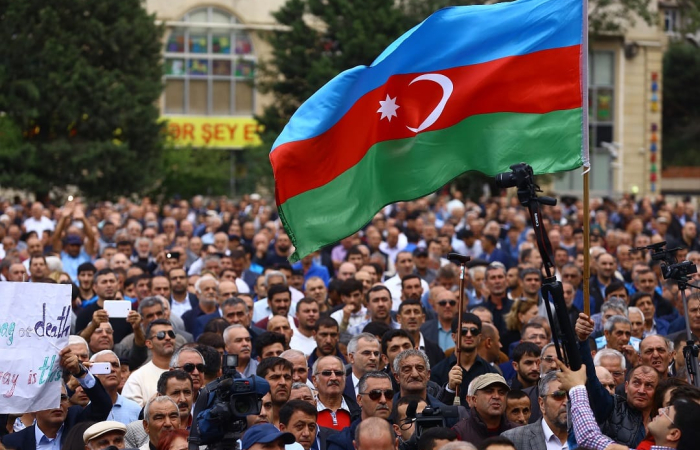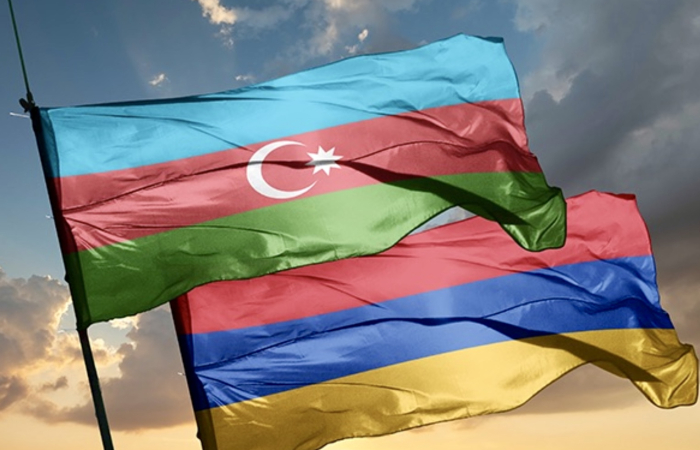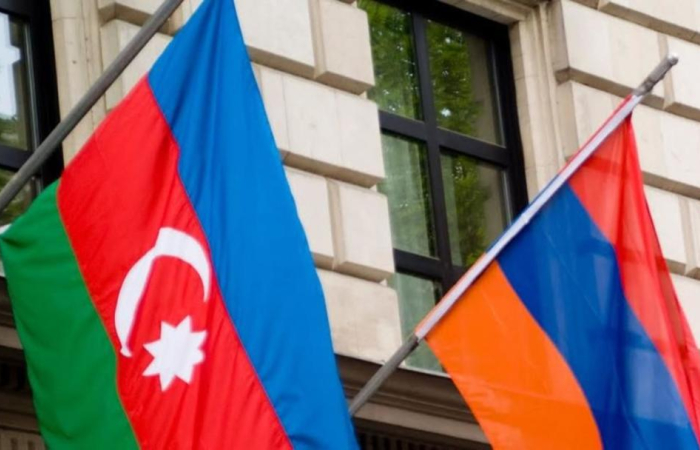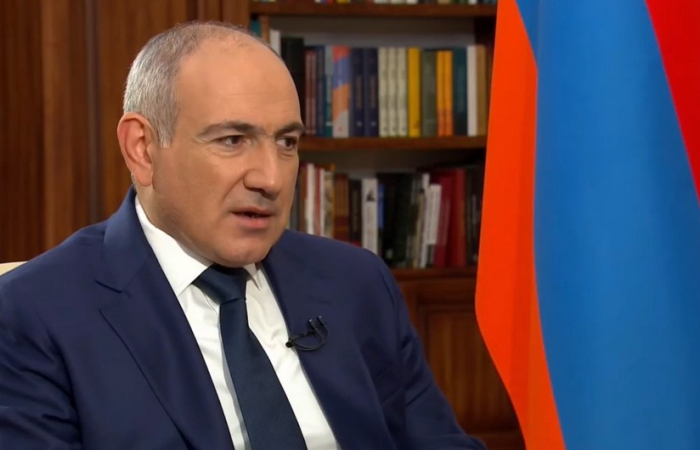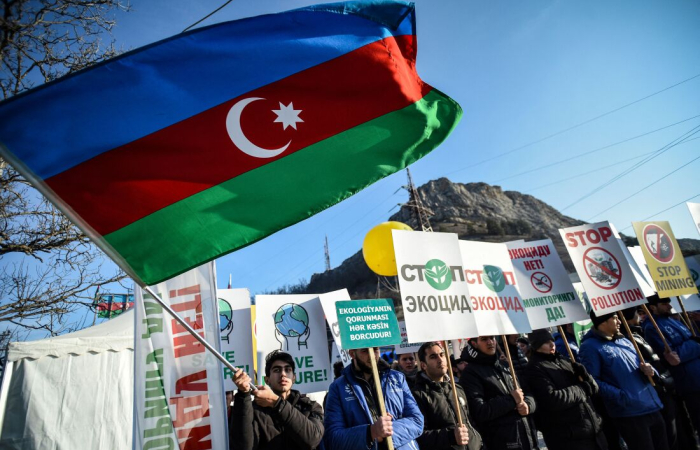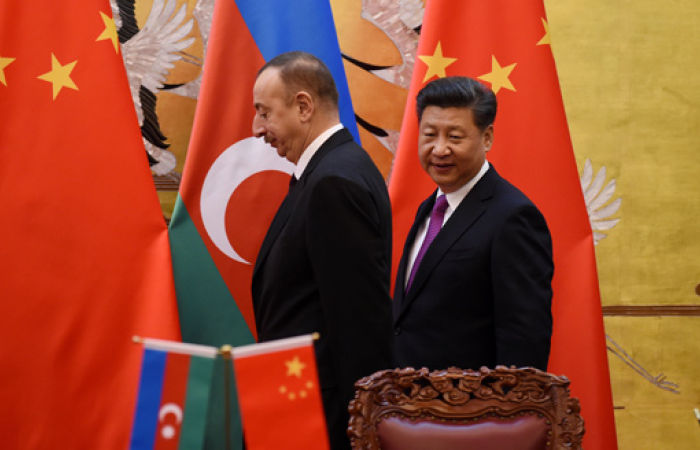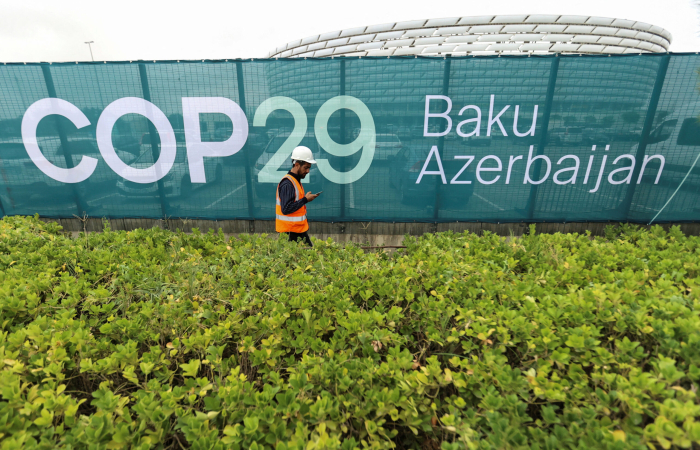Trending
Armenia Power Struggle Intensifies Before Elections
21 October 2025
Tensions are mounting in Armenia ahead of next year’s parliamentary elections, with the nation’s future hanging in the balance. Despite the excitement surrounding the Trump-brokered Washington Declaration in August, it is unclear whether it can overcome the lingering division that set in after defeat by Azerbaijan in the 44-day war. Recent surveys have shown a slight majority against the proposed TRIPP.







